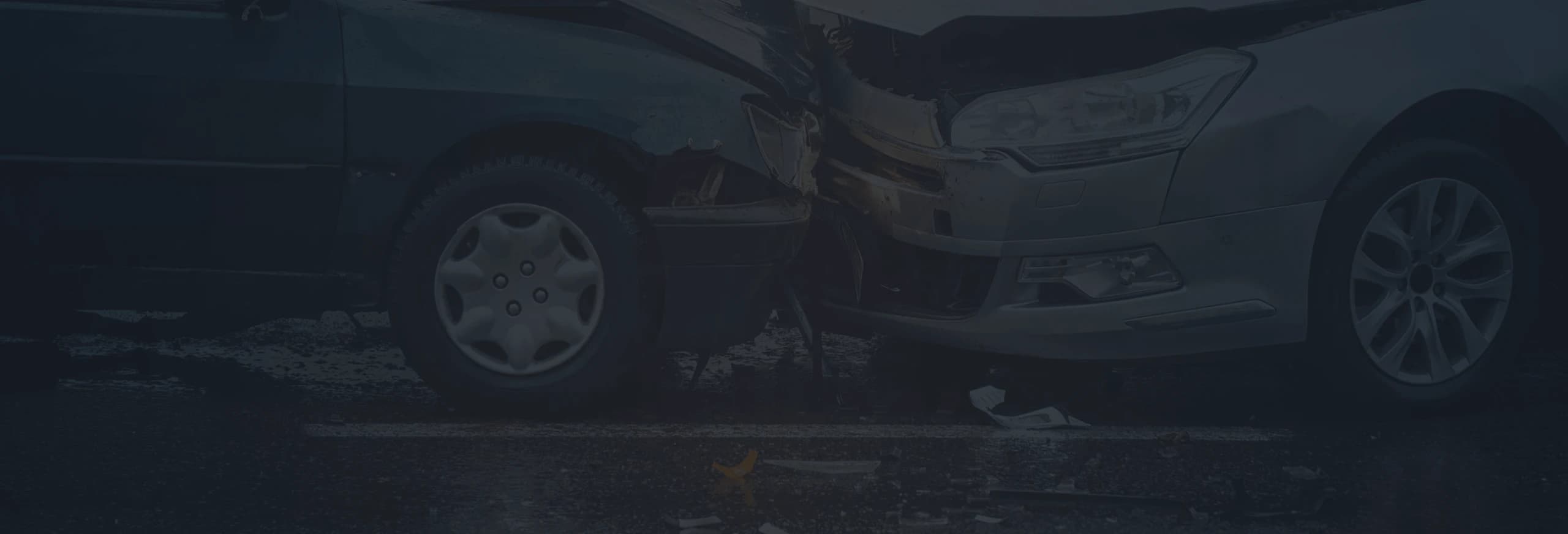
Evidence That Can Make or Break Your Claim
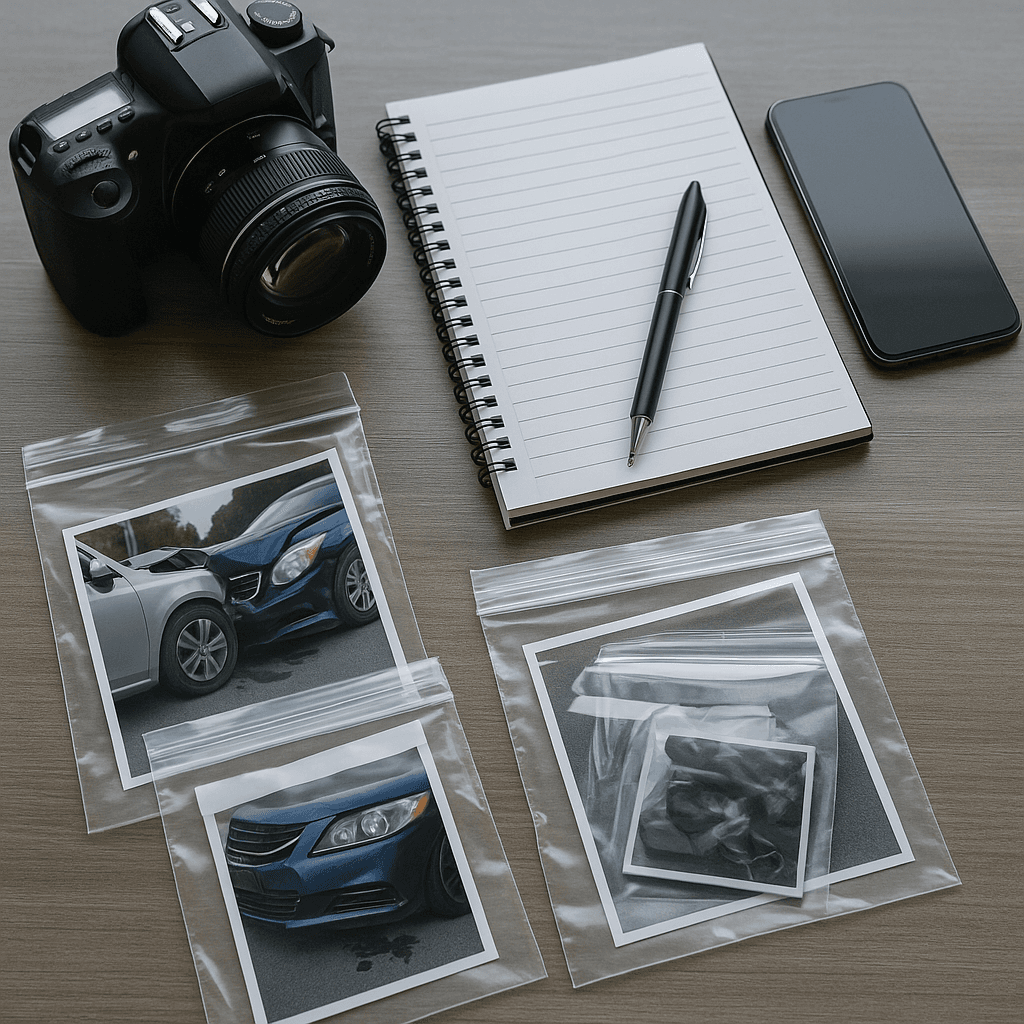
Why Evidence Is the Cornerstone of a Personal Injury Case
Every personal injury case depends on one thing above all else—evidence. No matter how severe your injuries or how clear the other party's fault may seem, you must be able to prove it. The strength and quality of your evidence determine whether your case succeeds or fails, whether your claim settles quickly, or whether it faces costly delays and disputes.
Evidence is what turns a personal account into a legal argument. It transforms your story from an allegation into a documented claim that the court and insurance companies must take seriously. From photos and police reports to medical documentation and expert testimony, each piece builds the foundation for fair compensation. Working with an experienced personal injury lawyer ensures that the right evidence is gathered, preserved, and presented effectively.
The Immediate Aftermath: Collecting Crucial Proof
The process of securing strong evidence begins at the scene of the accident. Photographs of injuries, property damage, skid marks, and weather conditions can establish the setting and cause of the incident. Witness statements provide unbiased perspectives that reinforce your account. Even small details, such as the time of day or lighting conditions, can have significant implications for proving fault.
Once the initial chaos subsides, official documentation becomes equally vital. Police reports, medical evaluations, and incident records form a verifiable chain of evidence. Medical records, in particular, help connect your injuries directly to the accident. This link—known legally as causation—is one of the most essential components of any claim. Establishing this connection is what proves that another person's negligence led to your suffering, as explored through the concept of linking negligence to your injury, where the relationship between actions and harm defines liability.
Understanding the Role of Fault and Shared Responsibility
Even with compelling evidence, cases often become complicated when both parties share responsibility. Many states use comparative fault laws, meaning compensation may be reduced based on how much each party contributed to the accident. For example, if you were speeding slightly but the other driver ran a red light, both behaviors played a role—but not equally.
Evidence like traffic camera footage, vehicle data, or accident reconstruction reports helps determine the percentage of fault. Proving that the other party's actions were the primary cause of the collision is crucial to maximizing recovery. This is where the details matter: clear evidence can reduce your share of responsibility and increase the amount you're entitled to. Understanding how fault distribution works and how it impacts settlements is integral to case strategy, as demonstrated through the framework of how comparative fault can impact your settlement.
Distinguishing Between Negligence and Recklessness
Not all wrongful actions are equal, and the distinction between negligence and recklessness can heavily influence the weight of evidence and potential damages. Negligence involves a failure to exercise reasonable care, while recklessness reflects a deliberate disregard for safety. For instance, failing to check a blind spot may be negligent, but speeding through a crowded intersection while texting is reckless.
This difference matters because the type of evidence needed to prove each can vary. In cases involving recklessness, demonstrating a pattern of dangerous behavior or prior warnings can strengthen the argument for punitive damages. Evidence like surveillance videos, eyewitness accounts, and cellphone records can all reveal whether a defendant acted carelessly or with willful disregard. Distinguishing these behaviors is essential to pursuing justice and full compensation, as seen in the legal nuances discussed within the difference between negligence and recklessness.
The Power of Medical Documentation
Medical evidence is the backbone of any personal injury claim. It demonstrates not only that you were injured but also the extent of your physical and emotional suffering. Detailed medical reports, imaging results, therapy records, and physician statements establish both the immediate and long-term effects of the injury.
Insurance companies often scrutinize medical evidence closely, searching for inconsistencies to reduce payouts. Delays in treatment or incomplete documentation can be used against you. That's why seeking immediate care and following through on all recommendations is so critical. Keeping a pain journal or documenting your recovery process can also add weight to your case, showing how your daily life has been affected by the accident.
Overcoming Common Misunderstandings About Evidence
Many people underestimate the importance of evidence or assume that a case can be won solely through testimony. This is one of the biggest myths surrounding personal injury lawsuits. In reality, courts and insurance companies rely on tangible proof—written records, photos, and professional opinions—to verify claims.
Some also believe that minor injuries or low property damage don't require evidence, assuming small cases don't need much documentation. However, even seemingly simple claims can escalate into disputes if the extent of injury is questioned. Dispelling these misconceptions helps victims approach their cases with the seriousness they deserve. This aligns with the principle of separating truth from misconception found in common myths about personal injury lawsuits, where clarity and preparation replace assumption and doubt.
The Legal Process and How Evidence Shapes It
Evidence influences every stage of a personal injury claim—from the first conversation with an insurer to potential court proceedings. Early on, it determines how adjusters value the case and whether they offer a fair settlement. Later, it shapes the negotiation strategy and, if necessary, becomes the deciding factor in trial.
Understanding how this timeline unfolds can help manage expectations and emphasize why evidence must be strong from the beginning. Cases that lack documentation often take longer or face greater challenges in proving liability. Knowing how a claim progresses—from accident to resolution—shows just how crucial preparation and persistence can be. This process is well illustrated through the timeline of a personal injury case from accident to settlement, where each phase builds upon the last, guided by the quality of the evidence presented.
The Attorney's Role in Gathering and Presenting Evidence
Even the strongest evidence can lose impact if it's not properly organized or presented. A skilled attorney ensures that nothing is overlooked—from securing surveillance footage before it's erased to coordinating expert witnesses who can explain complex medical or technical details. They also understand how to challenge opposing evidence, exposing inconsistencies or errors in the defense's case.
A personal injury lawyer not only builds the factual foundation of your claim but also ensures that the law works in your favor. They know how to interpret evidence under local statutes, evaluate its admissibility, and present it convincingly to insurers, judges, or juries. Having this guidance often means the difference between a fair settlement and a denied claim.
The Bottom Line: Evidence Is Everything
In personal injury law, evidence isn't just part of your case—it is your case. It determines liability, influences negotiations, and defines the value of your claim. Every document, photograph, and testimony serves as a piece of the puzzle that, when assembled correctly, tells the full story of what happened and why compensation is deserved.
Without strong evidence, even the most compelling claim can crumble under scrutiny. But with careful documentation, professional guidance, and persistence, victims can achieve justice and rebuild their lives. In the end, the quality of the evidence you provide—and the skill with which it's used—can truly make or break your claim.
Blog Posts:
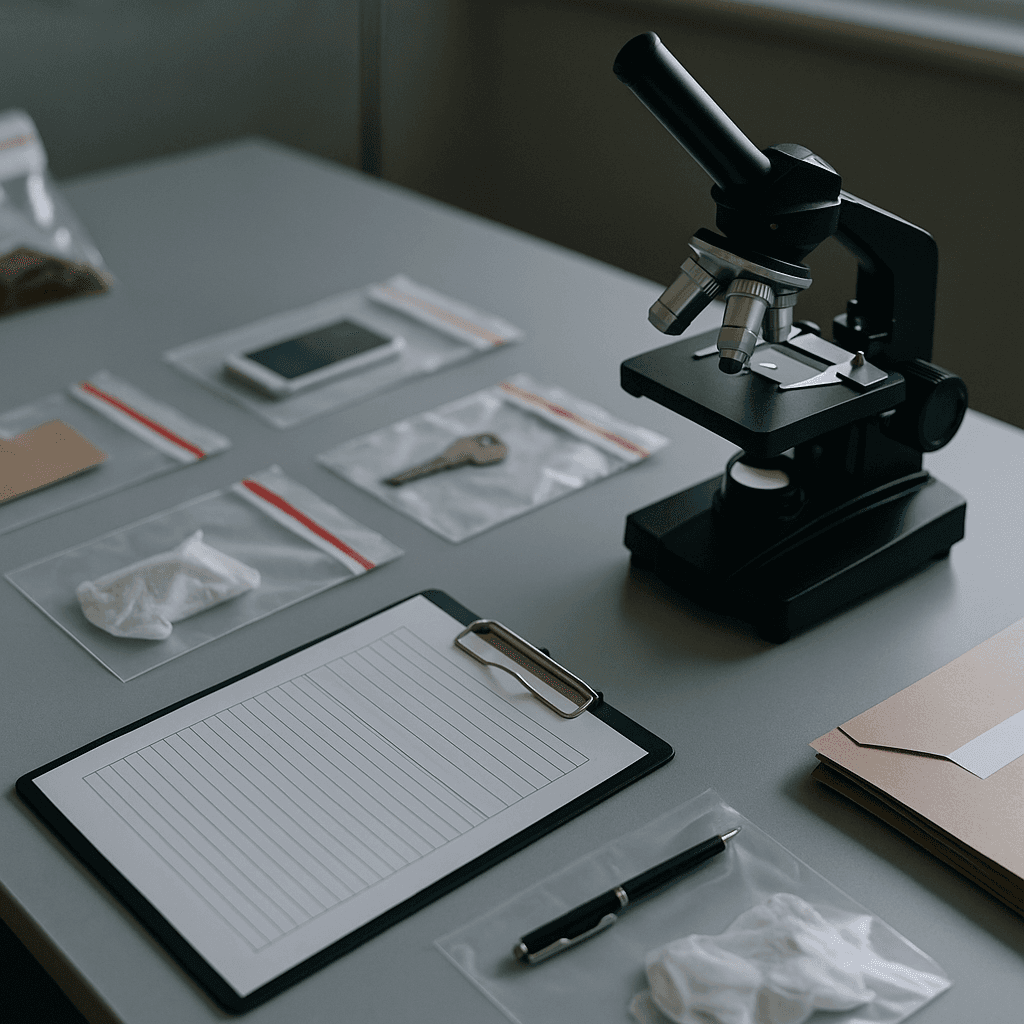
The Role of Expert Witnesses in Injury Litigation
Why Expert Witnesses Matter in Personal Injury Cases In personal injury litigation, facts alone are often not enough. While evidence like medical records, photographs, and witness statements paint part of the picture, juries and insurance companies frequently need context and explanation to understand the full scope of an injury and its impact. This is where expert witnesses play a pivotal role. Expert witnesses are professionals—often doctors, engineers, economists, or accident reconstruction specialists—who provide testimony based on their specialized knowledge. Their objective is not to advocate for one side but to clarify complex issues that require professional interpretation. In many cases, their opinions help bridge the gap between evidence and understanding, making them critical to achieving fair compensation.

How Insurance Companies Evaluate Injury Claims
How the Evaluation Process Really Works When you file a personal injury claim, the insurance company begins a process that is anything but simple. Behind every offer or denial, there's a calculated evaluation designed to protect their bottom line. Insurers use data-driven methods, past claim outcomes, and internal guidelines to assess how much—if anything—they believe your case is worth. The goal of the insurance adjuster is straightforward: to settle your claim for as little as possible while closing the file quickly. They'll review your medical records, accident details, and even statements you've made to determine liability and damages. The more organized and detailed your claim presentation, the harder it is for them to undervalue it.
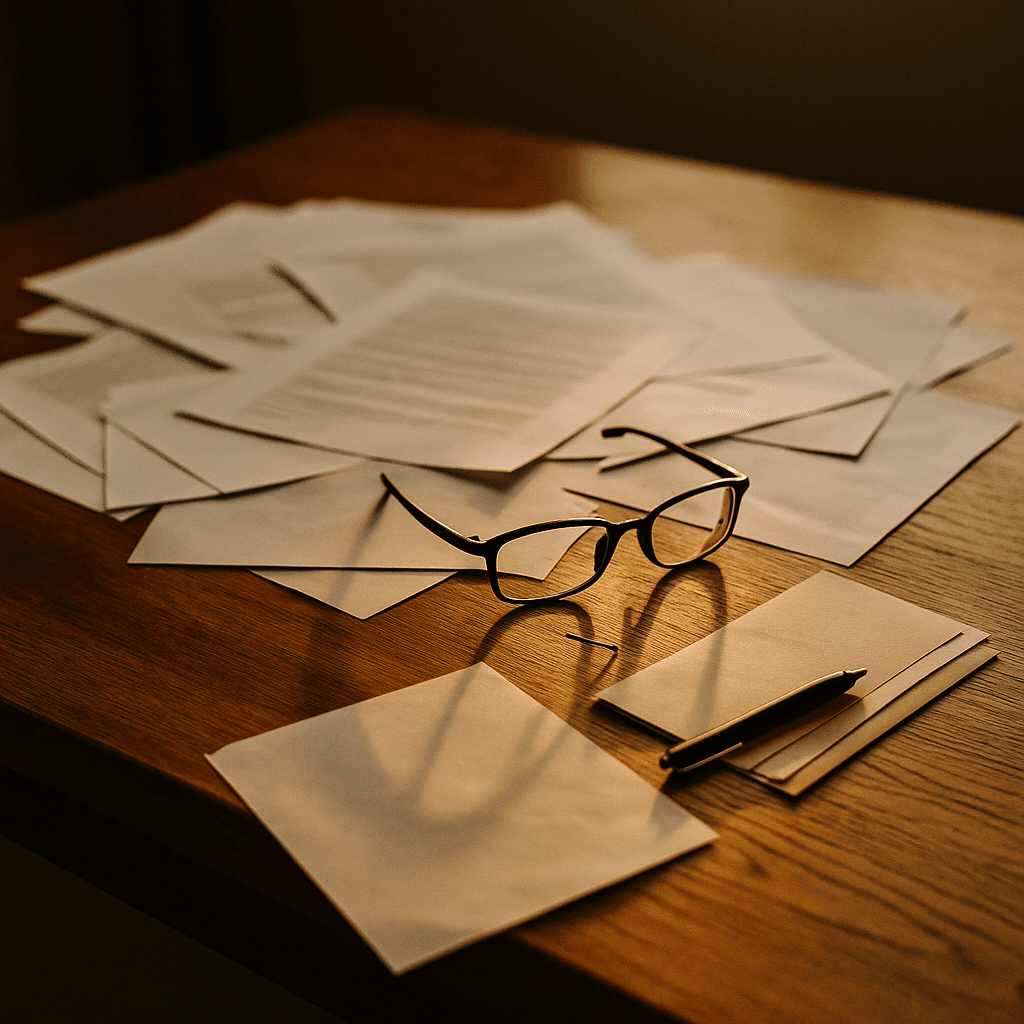
The Dangers of Handling a Personal Injury Case Without Legal Help
Understanding What's at Stake After an accident, it's natural to want to resolve things quickly. Medical bills begin piling up, your work may be disrupted, and insurance adjusters often seem eager to "help." Many people believe they can handle their personal injury claim on their own—especially if the situation seems straightforward. But personal injury law is complex, and even minor missteps can lead to significant financial loss. Without professional guidance, you may underestimate your claim's value, miss critical deadlines, or make statements that insurers later use against you. The legal process is designed to protect both sides, and insurance companies have experienced professionals working to limit payouts. Without an equally skilled advocate on your side, you're at a clear disadvantage. That's why consulting a personal injury lawyer early in the process is often the difference between fair compensation and a costly mistake.
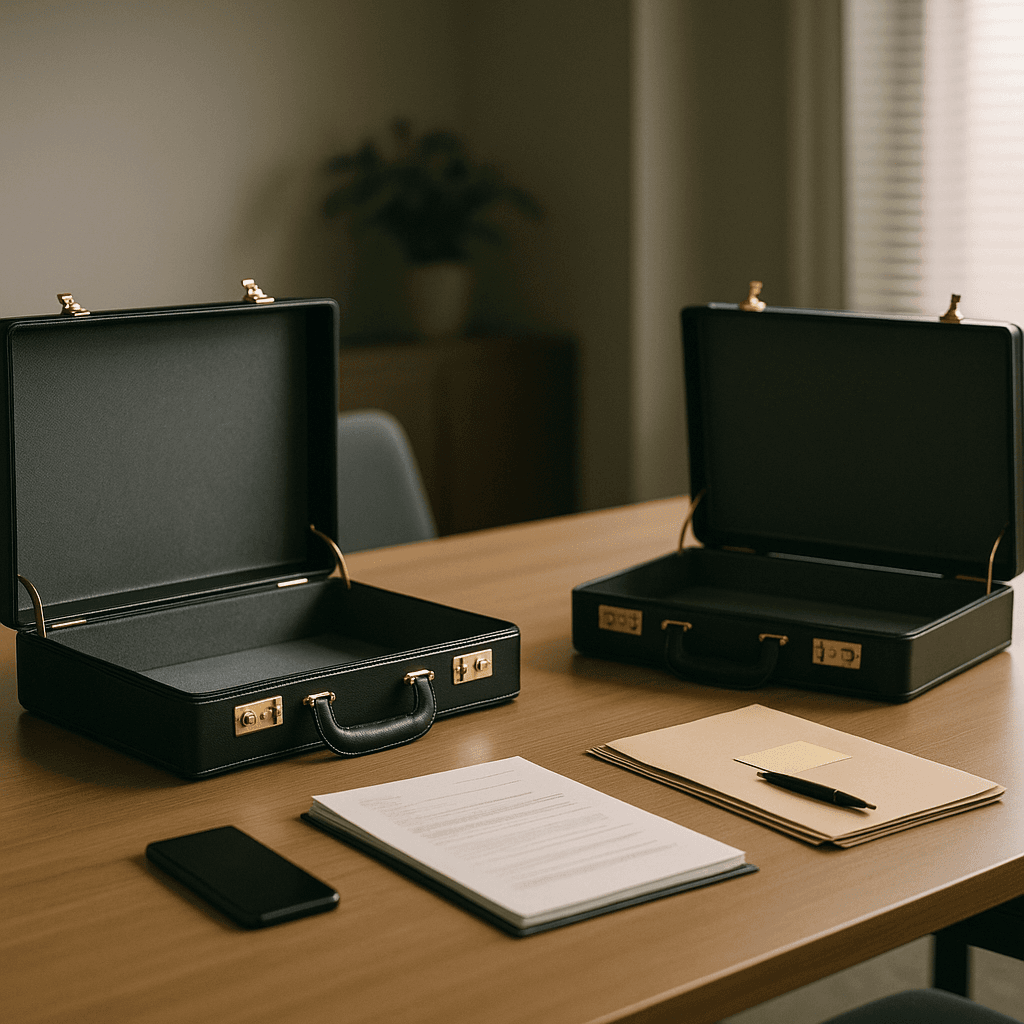
When Should You Switch to a Different Injury Lawyer?
Knowing When It's Time for a Change Choosing the right attorney after an accident is one of the most important decisions you'll make in your recovery journey. However, not every lawyer-client relationship is a perfect fit. Sometimes, despite your best efforts, you may realize that your current representation isn't meeting your expectations. Whether it's poor communication, lack of progress, or a sense that your case isn't being handled effectively, recognizing when to switch attorneys can make all the difference in the outcome of your claim. Switching to a new personal injury lawyer doesn't mean starting over from scratch—it means taking control of your case and ensuring it receives the attention and effort it deserves. Understanding what to expect from your legal representation can help you identify the warning signs that it might be time for a change.
Get an agent on the line in seconds
Responsive
Legal Assistance
Our personal injury attorneys advocate for the funds necessary to cover bills, secure medical treatment, recoup lost wages, and provide compensation for your pain and suffering.
Are you facing unfair treatment from the insurance company?
Do you know the value of your case?
Is the insurance company asserting that the accident is your responsibility?

We'll get back to you ASAP.
Get Your Free Consultation
You Pay Nothing Unless We Recover Compensation For You
